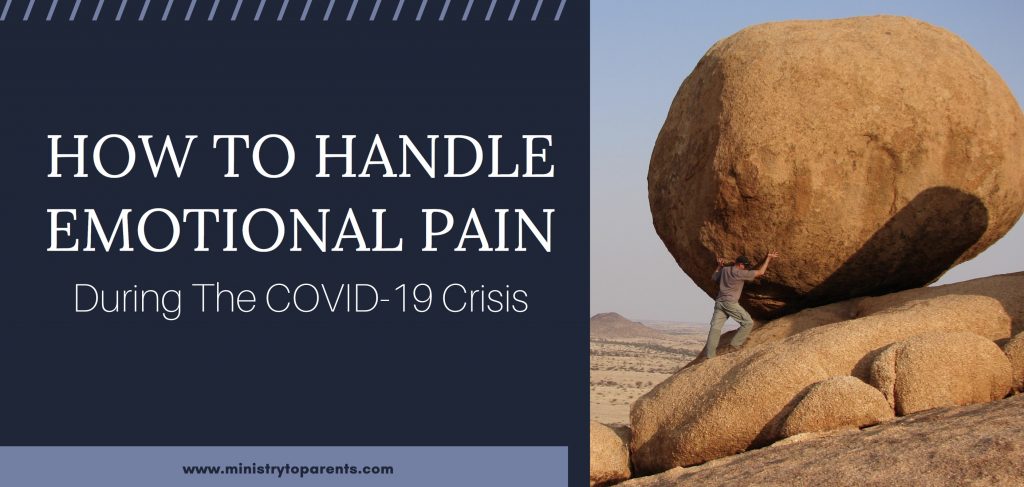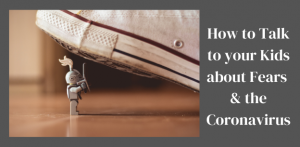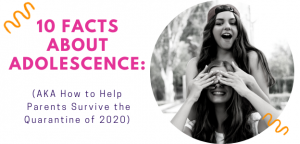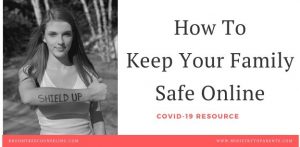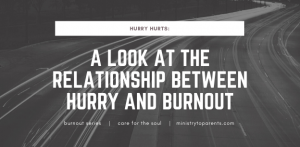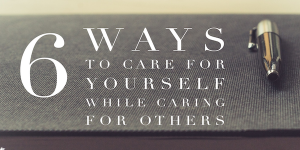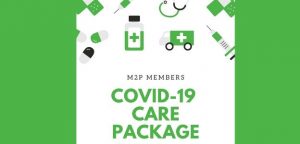How To Handle Emotional Pain During The COVID-19 Crisis
With COVID-19, the quarantine, and the economic turmoil, our intake of information has increased, and with it, comes the news of pain around the world. It can be a simple scroll through social media, and within five minutes, you learn an acquaintance lost his parents to COVID-19, a business closed, and a friend is unemployed. Couple it with our experiences, and our souls hold an unusual amount of emotional hurt. But with one small step, you can handle emotional pain during the crisis where you thrive, not just survive.
Be A Fog
Nestled deep within her soft, plush, camel-colored couch, I sat twirling the tissue like it’s a fidget spinner. I looked to the left, where a branch rested atop a wooden bookcase with twinkle lights lining each twig. For some reason, the soft illumination comforts me when I’m here.
Tears slowly streamed down my face as I pulled back the door to my heart like an employee at a drive-thru window. I let in my wise, talented, licensed therapist with one statement, “I just don’t know how to handle the pain.”
At this moment, forty+ years in the making, she gave me the most unexpected response, Be a Fog, with which I replied an eloquent, Huh?
What she preceded to teach me changed the course of how I operate with the news, social media, relationships, and myself. And as the days of COVID-19 unfolded into months, it helped me find my way in the “new normal.”
Definition
Be a Fog is a metaphor that means you envision yourself becoming a fog when hurt or pain comes your way. Whether it be your hurt or someone else, allow the words and actions to pass through you and move on to God.
Ask Him to send back anything He thinks you need to know or do. Is there something I do with it? Do I leave it be? What do I need to know? Then live life and wait for the answer. When you do, this practice gives you four gifts.
1. Peace
Early on in quarantine, pre-discovery of home delivery service, one early morning, I set out to find toilet paper. I drove from store to store, asking if they received any overnight shipments. On my fourth store, I asked the same question to the store manager.
Her body bristled as her face began to shake. She narrowed her eyes, pursed her lips, and responded with a curt answer. Then she turned away as if to respond to another person, yet no one was there. I asked another question in hopes of disarming, and she responded with an elevated answer that made the first one seem sweet.
Caught off guard, I quickly threw back attitude, added some snarky response, and headed to the car to calm myself down, so I wouldn’t become a meme. Sitting in the parking lot, I tried to wrap my mind around the emotional exchange.
I imagined myself in front of her as she threw words like darts at a bar. Then I remembered be a fog. I envisioned becoming a fog, so the words and actions would pass through me. I pictured them moving past me and on to God.
My breathing regulated, and my heart rate slowed down. I could tell logical thinking was returning. I took a deep breath and asked myself if there was anything else I needed to do. Did I need to say anything else? Do anything else? No.
I started the car and drove away to continue my quest for toilet paper…with peace, leaving the experience where it occurred rather than hauling it around all day with my thoughts.
2. Empathy
Because I passed on the hurt, I had the personal power to pick up empathy. I put myself in her shoes, imagining a slew of people asking me questions all day about toilet paper and disinfectant wipes. The minute I visualized her world, my heart softened and released the hurt. This whole COVID-19 is a mess, and we are all navigating SO MUCH. I get you, sister.
3. Simplicity
As I listened to my therapist first share this piece of advice, I didn’t understand what she was teaching. But one doesn’t have to live long in the real world to know that I quickly had the opportunity to put this theory into practice.
Before the habit of be a fog, I took similar moments like the one with the store manager and spent the aftermath flipping, throwing, and catching thoughts like a hibachi chef.
I would have imagined our conversation going in another direction with more witty comebacks and concocted plans to take action steps with her manager. Before the day was over, I would’ve spent hours processing the pain and hurt, only because it had no other place to go.
After I implemented the practice, it brought clarity and simplicity in my thoughts about circumstances and relationships. My thought life went from hoarder to a minimalist.
4. Freedom
Pain and hurt, albeit ours or theirs, need a place to go. We’re not meant to hold the world’s pain within our souls.
The lost moments for a high school senior.
The grandmother alone in a nursing home.
The small business owner filing for bankruptcy.
What goes in must go out. If we do not choose how we release it, the pain accrues and soon blocks the heart. So, our hearts adjust to survive. We pick up self-protection only to find ourselves:
- Apathetic
- In Denial
- Anxious
- Depressed
- Obsessive
- Hypervigilant
- Critical
- Dismissive
- Irritable
- Lonely
- Overwhelmed
When you practice the one small step to be a fog, you allow your heart to remain open and thought life to stay simple as death tolls, stock markets, and bi-partisanship rise and fall. It also gives you the personal power to offer empathy and grace, starting with yourself.
Hope in a New Normal
We all have a “new normal.” The effects of COVID-19, the quarantine, and the economic turmoil are around for the time being. Therefore, we need to have a plan to eliminate emotional clutter.
Be a fog. Allow your heart to become an open door and use pain, yours and others, to talk to God. He is close to the brokenhearted; He rescues those whose spirits are crushed (Psalm 34:18).
If you choose to handle emotional pain one moment at a time, you will not just survive this crisis, but you will thrive. And, together, we, as a collective group, will emerge a people of kindness, hope, and love.
Elisabeth Lee is the Content Director for Ministry to Parents and has more than twenty-four years of ministry experience, including students, sports, women, and Bible study conferences. She enjoys SEC football, espresso, and artisan papers. Her heart is her husband, Jeremy, two sons, and a bearded dragon. You can contact Elisabeth at elisabeth@ministrytoparents.com.
For more posts on COVID-19, check out:
For more posts on Emotional Health, check out:
If you’re an M2P Member, pick up your COVID-19 Care Package under Toolbox: Help Parents Lead.
If you’re interested in M2P Membership, check out:

